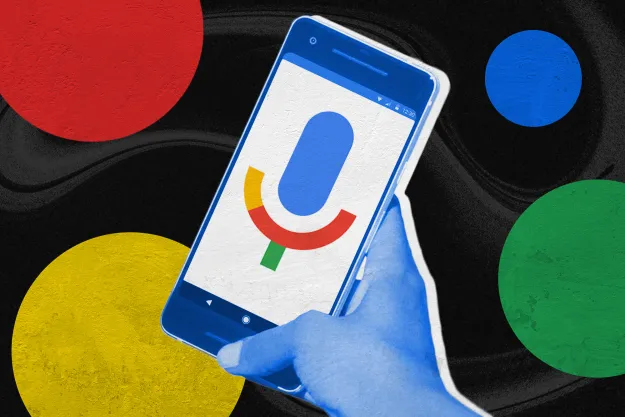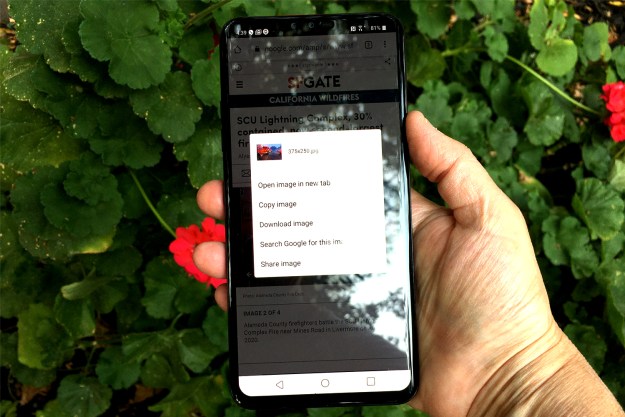
Database giant Oracle has filed a lawsuit (PDF) against Google in the U.S. District Court in San Francisco, claiming Google’s open source Android operating system infringes on seven patents related to Java. In its complaint, Oracle alleges Google was fully aware of the Java patents, and even to the extent of hiring some of Sun’s Java engineers to work on the project. Oracle is seeing a jury trail and unspecified damages.
“In developing Android, Google knowingly, directly, and repeatedly infringed Oracle’s Java-related intellectual property” an Oracle spokesperson wrote in a statement. “This lawsuit seeks appropriate remedies for their infringement.”
Google has not yet responded to the lawsuit.
Google’s Android operating system includes the Dalvik virtual machine, which is a Java-compatible register-based system developed independently of Sun Microsystems’ Java virtual machine. Oracle claims the Dalvik VM infringes on Sun’s Java patents, which Oracle acquired when it bought Sun for $7.4 billion in 2009.
Dalvik is the primary platform for developing native applications for Android devices. However, Google’s Android SDK has its own runtime and compiler—Java applications cannot simply be copied over to Android devices, they must be recompiled.
Prior to its acquisition by Oracle, Sun had tried to shutter the Harmony Project, an effort at the Apache Software Foundation to create an Apache-licensed Java SE (Standard Edition) implementation. Android includes class libraries from Harmony.
Editors' Recommendations
- Android 15 release date: When will my phone get the update?
- How to download the Android 15 beta right now
- Android phones finally have their own version of AirTags
- These are the best Android 15 features you need to know about
- How to use Circle to Search on your Android phone

